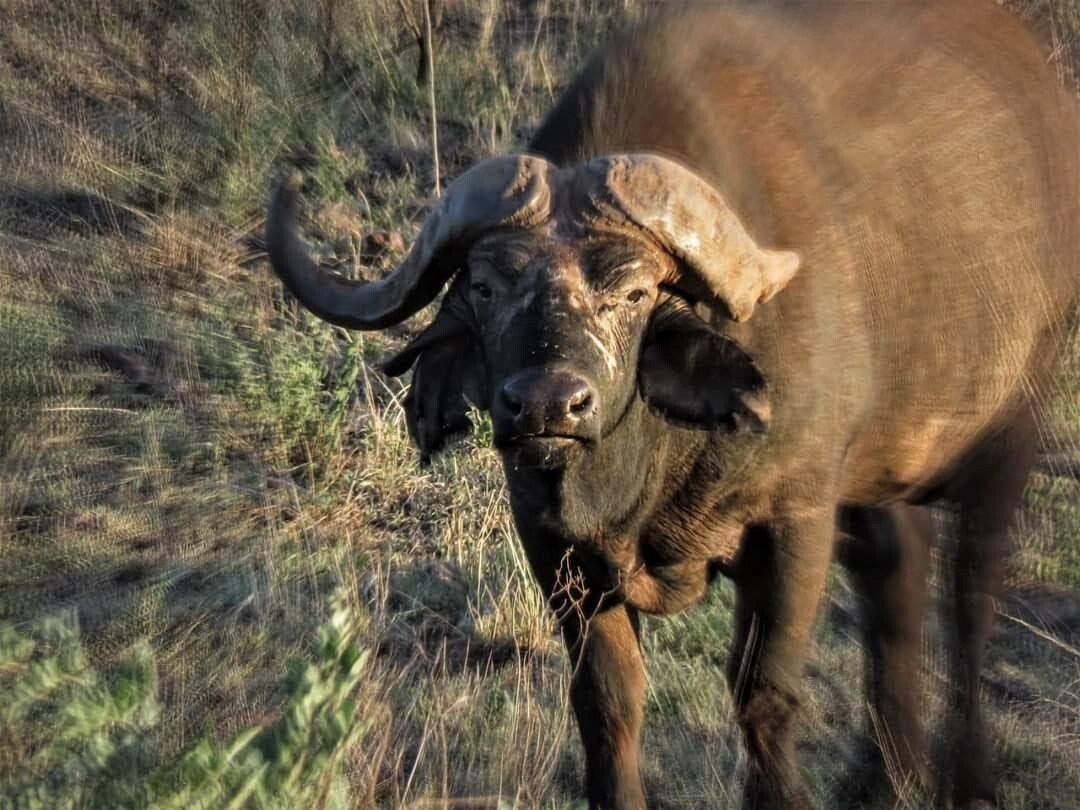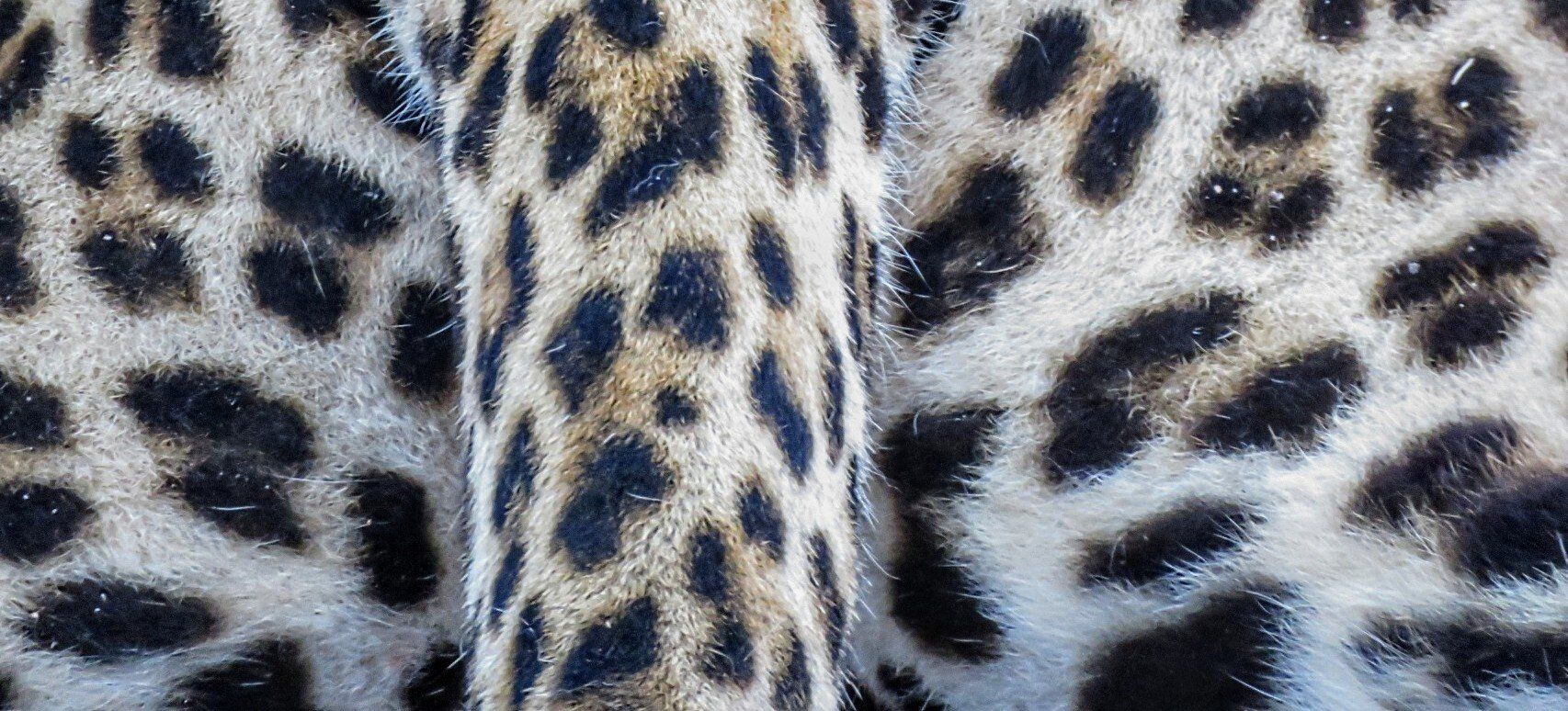Clarity

Africa faces many conservation challenges, all requiring honesty and pragmatism to solve. A completely unjustified, shamefully damaging, and wastefully distracting challenge, however, is disinformation campaigns, like the one some members of the UK Parliament are currently engaging in via the proposed Private Members’ Hunting Trophies (Import Prohibition) Bill.
On 25 November 2022, this Private Members’ Bill was read a second time, viewable in its entirety via this link, between the 10:49:37 and 13:20:45 marks.
https://parliamentlive.tv/Event/Index/3ae6c148-5fa1-4a9e-89c7-1c82898fbed9
Most MPs who participated repeatedly said, “Let us be clear”, whilst making accusations that were untrue. A full treatise on all the disinformation they presented would be daunting in length. Since clarity is critical in conservation, however, here are at least a few points that everyone should be clear on.
Canned shooting, wherein animals are shot within or immediately upon release from cages, sometimes while drugged, is illegal and is NOT standard, acceptable hunting industry practice in any African country. It is widely denounced and considered unjustifiable. Insisting on misleading people into thinking this is how legal hunting operates is deceitful.
Banging on about the captive bred lion industry is irrelevant, as MPs even stated that it excludes wild lions. Years ago many hunting organizations denounced it, the USA banned importation of these lions, and it is not representative of how lions are hunted throughout Africa. Interestingly, though, both photo and general tourism also fuel the captive bred lion industry via cub petting, walking with lions, and drive through safari attractions. And one of the major supporters of this bill, the Born Free Foundation, exploits captive bred big cats who were neither born nor will ever live free, but are convenient “cash cows” that garner donations from emotionally triggered donors.
High fences are not universal nor unique to hunting areas, as many photo tourist destinations (including some national parks) are also fenced. Although ideally all wildlife would not be restricted by fences, realities of various challenges in some parts of Africa dictate that fencing is the most effective way of achieving conservation in certain situations.
Historical wildlife estimates, wherein certain species are claimed to have existed in numbers far exceeding those nowadays are imprecise and from eras not directly comparable. Reliable wildlife surveys were not conducted then, human populations were lower, and more habitat was available. Currently we can only have as many of any species as we have habitat for. Most habitat remaining in Africa is protected via hunting tourism. Largely in areas that photo tourism cannot fully support and would degrade as it is a model requiring more tourists and infrastructure. Campaigning to disincentivize hunting tourism, therefore, exacerbates a top threat to Africa’s wildlife – habitat loss.
Historical declines were not due to regulated trophy hunting. Unregulated hunting, poaching, habitat loss and persecution were the causes, with colonialists, non-residents AND indigenous peoples to blame. Although MPs applauded various zoos for their captive breeding and reintroduction efforts of some highly imperiled or extirpated species, they conveniently failed to mention that many hunter-supported efforts have done similarly.
Indiscriminate, unregulated and illegal killings are also the primary cause of gene pool effects (like tuskless elephants), and the inbreeding and vulnerability to disease (like lions). Infanticide, which was mentioned, is a natural adaptive behavior where, interestingly enough, the highest rate ever recorded in any mammalian carnivore species was in leopards at a private photo tourism reserve where no hunting occurs.
https://www.sciencedirect.com/science/article/abs/pii/S0003347213003412
True trophy hunting is age-, not size-based, therefore allowing time for individuals to contribute genetically, if the opportunity to do so exists, as not all males breed in any population. And even those that do typically have very short tenure. Females contribute to the gene pool as well, of course, and are largely protected in trophy hunting programs. Trophy size is a function of age, diet, climatic conditions, competition, and other factors, not just simply genetics. And excessive size of any attribute is not always a survival advantage.
Poaching is not the same as legal hunting. Even though this bill specifically states that, some MPs continue to conflate the two, and even slander legal hunting operators by claiming that they are simply a cover for the illegal wildlife trade, falsifying documents. Sir Roger Gale even purports that a blind eye is turned to poaching where trophy hunting occurs. Blatant disrespect considering he has never personally participated in nor funded any anti-poaching efforts and doesn’t even know what is legal and what is not.
Kenya’s banning of hunting in the 1970s is not a conservation success story. It was purely a political move which resulted in the subsequent loss of over 70% of the country’s wildlife, primarily due to land conversion and poaching. Kenya’s wildlife populations are now greatly limited by lack of habitat. Given adequate resources, elephant and lion populations can rapidly increase (even double) in short time spans (i.e. as brief as ten years). It’s been 45 and 49 years, respectively, since lions and elephants have been legally trophy hunted in Kenya, and yet their numbers have only feebly increased. What has maintained at consistently impressive levels, however, is numbers of animals poached, killed or injured in conflict with humans, orphaned, or dying from drought effects, exacerbated by the loss, degradation and desertification of habitat. And dependence on donors instead of self-funded conservation models. Yet campaigners for this bill implore that others should follow in Kenya’s footsteps.
The ban on hunting imposed by Botswana’s former president, Ian Khama, was not a conservation success either. It, too, was purely political. Photo tourism proponents didn’t follow through with their promises for prosperity, creating many hardships for citizens of a country that only has limited areas suitable for photo tourism. An excellent film on this subject, produced by The Conservation Imperative, a respected group of dedicated, qualified professionals with decades of firsthand experience in Africa, can be accessed in the following link. The Botswana ban was not even a full one, as hunting on private lands was excluded. Yet it still caused significant damage by partially eliminating an effective conservation tool. Bans on trophy hunting and related imports can’t “save the animals” because, quite simply, they do not address conservation’s true challenges. They instead add to them.
One MP stated that it’s, “always interesting what you find when you follow the money”, suggesting that it’s somehow shocking that pro-hunting and pro-gun organizations would be lobbying against this bill. What should seem questionable and concerning instead is why people who have nothing to do with wildlife, Africa, conservation and communities would be lobbying FOR such a bill? Especially ones who have been working on it for at least three years now and are still basing their arguments upon untruths.
Following the money can indeed be interesting. Therefore, ALL revenue derived from wildlife should be tracked and scrutinized. MPs supporting this bill presented financial figures from studies on hunting tourism that were misleading, inaccurate, and have been debunked and/or not put into proper context. Dismissing, instead, real figures presented that were obtained from knowledgeable wildlife professionals and community leaders in Africa. And, conveniently, no mention was made of what percentage of revenue from anti-hunting campaigns, photo tourism and various NGOs exploiting nature goes directly to conservation and communities. Yet pro-hunting organizations were described as masquerading as charities in Africa that we should, “have no naivety about whatsoever “. Transparency should apply to all.
Some MPs supporting this bill stated that it is not just about imports. It’s about “dealing a significant blow to industries and organizations which thrive and profit off of trophy hunting”. Clearly, they haven’t thought that through. It would be financially suicidal if they succeeded, as their campaigns are wholly dependent on using the continued existence of trophy hunting and related imports as emotionally charged, highly valuable scapegoats that they can easily manipulate the unknowing to rally against.
One MP implored that, “we should make conservation worthwhile to all stakeholders”. Absolutely. The first step to increasing its value should be to eliminate those who mistakenly think they are legitimate stakeholders, such as those who campaign for bills like this. They are only holding nature hostage and hindering conservation by creating more problems via disinformation campaigns. Let us be clear – mud-slinging has no place in the conservation arena, especially from hands never dirty from actually, effectively tackling and funding the true challenges that African countries, their citizens and their wildlife faces.
Africa needs additions to trophy hunting, not alternatives. Currently, even combining ALL forms of African conservation, there are huge deficits in required funding. Removing trophy hunting will further increase that. Even just campaigning against it furthers the deficit by diverting funds to opposing misguided, damaging campaigns instead of fully dedicating money and time to genuine, in the field needs. And, seeking to eliminate hunting tourism is masochistic to anyone who asserts that photo tourism should be the only land use. Legal hunting not only buffers national parks, but helps fund them as well, via government coffers.
A cost of living crisis is currently one of the UK’s biggest problems. Yet supporters of this bill beg for donations from the public. How richly ironic, as the “experts” backing it are primarily celebrities and public figures, who not only lack conservation credentials, but have only likely spent time in Africa whilst on luxury photo safaris, and make wages in the upper five to seven digit categories. Their flair for the dramatic and ability to sway public opinion simply via their high profile status and popularity should not be abused as it is. How is it moral and right of such people to tell post-independent, developing African countries that it’s unacceptable to sustainably use wildlife as a valuable, renewable natural resource to generate revenue, feed citizens, and support communities and economies, especially on lands where business options are few, tax bases are miniscule, and average annual wages are typically low?
One MP implores that, “let us be on the right side of history”. That is impossible if legislation is enacted based upon factually wrong opinions. Sir Roger Gale even went so far as to say that anyone who spoke out against this bill deserved public opprobrium (disgrace/harsh criticism) and whatever backlash they’d receive.
Repeating untruths via disinformation campaigns does not validate them, no matter how many times they are reiterated. Regardless of how anyone personally feels about hunting tourism in Africa or anywhere else, this campaign is a blatant violation of public trust, a show of disrespect that assumes constituents can be easily manipulated, and will not solve any conservation challenges.
A popular saying in Africa is that a leopard cannot change its spots. An expression meaning that a person cannot change their basic nature. They are who they are. People who insist on misleading others with disinformation will always do so. Their inability to change their own nature, in this case, has much dangerous potential to change the prospects for nature itself. If you really do care about wildlife, please don’t allow that to happen. Seek the truth and act accordingly. Conservation of real leopards, and all other flora and fauna, in Africa, and everywhere else, depends upon such clarification.

The body content of your post goes here. To edit this text, click on it and delete this default text and start typing your own or paste your own from a different source.

